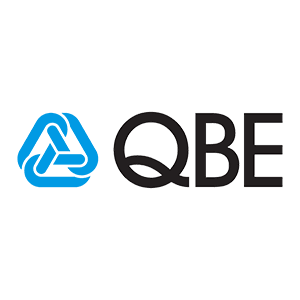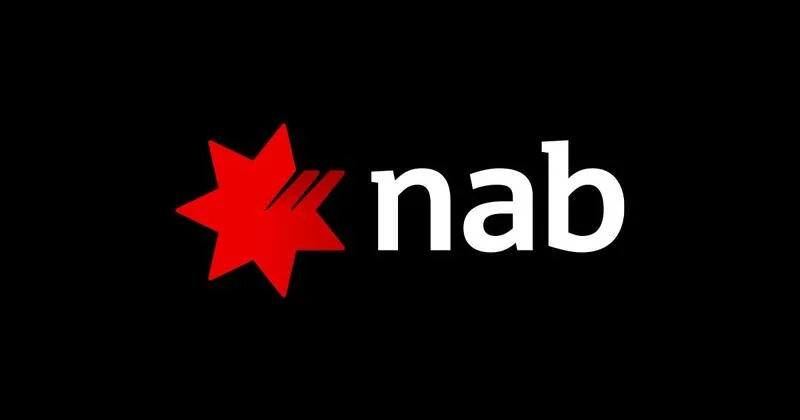5 often-overlooked factors to consider before you enter the property market

Ready to buy a home? There are some important things you should know first.

 Sponsored by QBE – helping customers learn more about lenders' mortgage insurance (LMI). Learn more on Finder's LMI hub, brought to you by QBE Insurance. Providing LMI since 1965.
Sponsored by QBE – helping customers learn more about lenders' mortgage insurance (LMI). Learn more on Finder's LMI hub, brought to you by QBE Insurance. Providing LMI since 1965.
There's more to buying a house than just choosing a property, paying for it, moving in yourself, or renting it out.
There are lots of considerations and costs that are easy to overlook. But realistically, you need to weigh them up before you proceed. Having a clear understanding of these factors can help you make a more informed decision when you purchase property.
If you have less than a 20% deposit saved for your new property, you'll probably need to pay lenders' mortgage insurance – sometimes called LMI.
LMI is a type of insurance that's used to protect the lender from risks associated with lending to borrowers, where the deposit is less than 20% of the total property price.
So buyers often think of LMI as just one more cost.
But there's more to LMI than that. When it's used properly, it can actually enable prospective borrowers to buy sooner.
LMI providers like QBE work with a range of different lenders (you can see some of them at the bottom of this page). So you're able to select from a range of different home loan products and get the features you're looking for while benefitting from using LMI.
So what benefits can it offer?
The most obvious advantage is that you're able to cut down on time spent saving and purchase a property sooner.
In turn, you're able to start building equity in that property, which can be used for a range of other purposes down the line – growing an investment portfolio, getting a loan for home renovations or buying a bigger home, to name a few.
Working with LMI providers like QBE can help you get a foot on the property ladder much more quickly.
💰 Boosting your borrowing power
LMI can also be used to enhance your overall borrowing capabilities. This can be handy if you were initially thinking about purchasing a "starter home"; with additional borrowing power, you may be able to get a property that serves your purposes for a longer period of time.
And let's be frank – time can very much be of the essence. Finder analysis suggests young Australians need at least 12 years to save for a deposit for the average unit and 16 years for the average house.
Learn more about QBE's lenders
 |

|

|
|||
 |
 |
 |
2. Conveyancing and legal costs
When you buy or sell a property, you're entering into a binding, legal contract. So it's good to have legal support in your corner to help minimise any risk from the process.
You'll need someone to handle the conveyancing – that is, the legal aspect of the process of a property transfer. Conveyancers are solicitors or qualified, licenced professionals that are experts in the field and can make life much easier for you.
However, this comes at a cost. Specifics will vary depending on the complexity of the contract, but you're generally looking at costs of $700-$2,500.
🏛️ Getting help with conveyancing
Not sure where you can find someone to help you with the conveyancing process? No problem – there's a handy guide right here on Finder for tracking down conveyancing services in your area.
3. Insurance
Home insurance is essential for homeowners. But it can also be a significant cost for a property owner. Importantly, it will stick with you for the lifetime of the home.
A huge range of factors play into your overall home insurance costs – and not all of them are immediately obvious. So it can be very beneficial to get an insurance estimate on the property before agreeing to a purchase.
The type of insurance you need will vary, depending on the type of property you purchase. For example, if you've purchased a townhouse or unit, you'll need strata insurance via a body corporate.
Different costs will apply depending on your specific situation. However, your conveyancer or solicitor should be able to help you with the process of finding the appropriate insurance for your needs.
🛡️Getting a better deal on your insurance
When it comes to home insurance, make sure you shop around! You may be able to make a significant saving on your overall insurance costs just by doing a bit of (digital) legwork. In fact, you can look for better home insurance prices right here on Finder.

4. Strata/body corporate fees
In addition to the purchase price, conveyancing and other fees associated with buying a home, there can be numerous ongoing costs for home ownership.
Maintenance, home insurance, council rates and bills are some of the most common. But if you're purchasing an apartment or townhouse, you shouldn't overlook strata fees – sometimes known as body corporate fees – either.
You can find a more detailed guide to strata fees right here on Finder. But in basic terms, they're an additional fee you pay, usually on a quarterly basis, for maintenance of communal areas of the building you live in.
These can vary quite widely depending on the facilities you live in. For example, an apartment complex with lifts and public features like a pool is probably going to have more expensive strata fees than one that doesn't.
Strata fees can sometimes be offset by other benefits to the owner or tenant, but it's important to be aware of them ahead of time and budget accordingly.
🛠️Special levies for repairs
In addition to regular strata fees, the owner's corporation may periodically require special levies to be put in place. These are generally used for particularly large-scale repairs or projects, such as repairing major weather damage or satellite installations. They can add significantly to your strata costs – and if you see unusually high strata fees on a residence, this may be part of the reason why.
5. Future plans for the property
Buying a property shouldn't just be about what you're doing with it right now. You should also think seriously about what you plan to do with it long-term.
Is it designed to be a "forever home" to fit the family? Is it likely to serve as an investment now, and a place to retire later? Your plans can make a considerable difference to how you gear a property, what sort of entitlements you may be eligible for your tax and even your overall investment strategy.
So before you get into a mortgage that lasts for years – or even decades – it's important to consider factors like starting a family and future portfolio expansion.
💸Selling an investment property
Deciding on the right time to sell an investment property can be a complex process. But if you do, it's important to remember that you may be required to pay Capital Gains Tax (CGT). You can find out more about CGT by visiting the ATO website.
Learn more about LMI with QBE

 Sponsored by QBE – helping customers learn more about lenders' mortgage insurance (LMI). Learn more on Finder's LMI hub, brought to you by QBE Insurance. Providing LMI since 1965.
Sponsored by QBE – helping customers learn more about lenders' mortgage insurance (LMI). Learn more on Finder's LMI hub, brought to you by QBE Insurance. Providing LMI since 1965.


